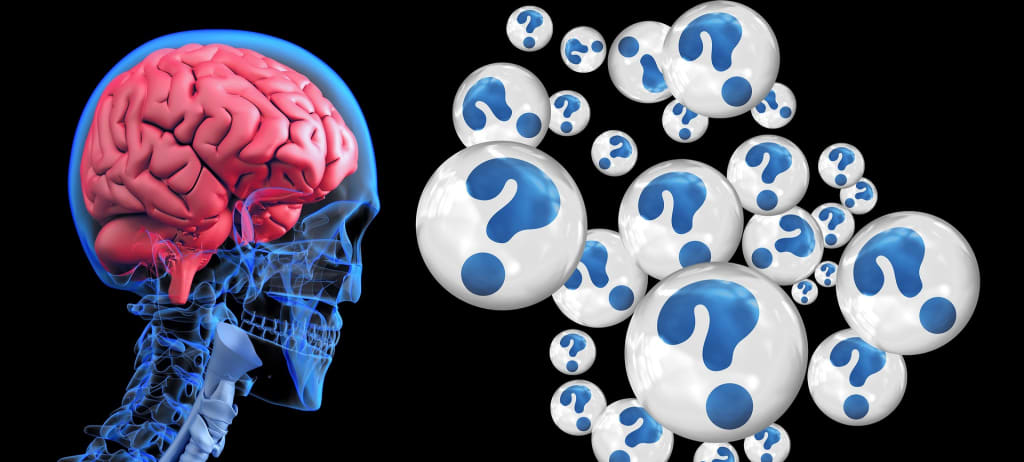30 Physiology Facts (Humans)
Did you know all of them?

Physiology is the branch of biology that studies how living organisms function at the molecular, cellular, tissue, organ, and system levels. It is concerned with the physical and chemical processes that allow organisms to maintain their internal environment, respond to external stimuli, and carry out their various activities.
At its core, physiology seeks to understand how the body works, both in health and disease. It encompasses a wide range of topics, including but not limited to, neuroscience, endocrinology, immunology, and cardiovascular, respiratory, digestive, and renal physiology. It also covers the study of the physiology of plants, animals, and microorganisms.
Physiology draws heavily on other disciplines, such as physics, chemistry, and mathematics, to understand the underlying mechanisms of biological processes. It involves a range of techniques, including imaging, electrophysiology, molecular biology, and computational modeling, to investigate complex biological systems.
The field of physiology has a long history, dating back to ancient times when philosophers and physicians first began to ponder the workings of the human body. It has since evolved into a highly specialized and diverse discipline, with researchers investigating everything from the molecular interactions that underlie cellular function to the physiological processes involved in the development and progression of disease.
Overall, physiology plays a critical role in advancing our understanding of life and the mechanisms that govern it. It is a dynamic and constantly evolving field that continues to make significant contributions to our knowledge of the natural world, and is essential for the development of new treatments and therapies for a wide range of health conditions.
Here is a list of 30 physiology facts :
1.) The human heart beats approximately 100,000 times a day.
2.) The average human lung contains about 300 million alveoli.
3.) The human brain weighs about 3 pounds.
4.) The liver is the largest internal organ in the human body.
5.) The human body contains about 206 bones.
6.) The average adult body contains about 5 liters of blood.
7.) The human body is made up of approximately 60% water.
8.) The small intestine is approximately 6 meters long in adults.
9.) The human body produces about 1 liter of saliva per day.
10.) The human body contains over 600 muscles.
11.) The average adult has about 100,000 hairs on their scalp.
12.) The human body has about 20 square feet of skin.
13.) The human nose can detect over 1 trillion different scents.
14.) The human eye can distinguish about 10 million different colors.
15.) The human body can produce vitamin D from exposure to sunlight.
16.) The pancreas produces insulin, a hormone that regulates blood sugar levels.
17.) The kidneys filter about 120-150 liters of blood per day.
18.) The human body can survive without food for several weeks, but only a few days without water.
19.) The human body has a normal temperature range of 97-99 degrees Fahrenheit.
20.) The average person takes about 20,000 breaths per day.
21.) The human body has about 4 grams of iron, which is essential for the production of red blood cells.
22.) The human body can produce over 700 different enzymes.
23.) The human body contains about 1,000 lymph nodes.
24.) The hypothalamus is a small area of the brain that regulates hunger, thirst, and body temperature.
25.) The thyroid gland produces hormones that regulate metabolism.
26.) The adrenal glands produce hormones that help the body cope with stress.
27.) The human body can produce over 50 different hormones.
28.) The human body contains about 100 trillion cells.
29.) The human body can produce up to 2.5 liters of urine per day.
30.) The human body contains about 10 times more bacteria cells than human cells.
About the Creator
Aggie
3in1 - a writer, a teacher and a mom :) what else? ...crazy, impatient, curious, inquisitive MS fighter
Enjoyed the story? Support the Creator.
Subscribe for free to receive all their stories in your feed. You could also pledge your support or give them a one-off tip, letting them know you appreciate their work.






Comments
There are no comments for this story
Be the first to respond and start the conversation.